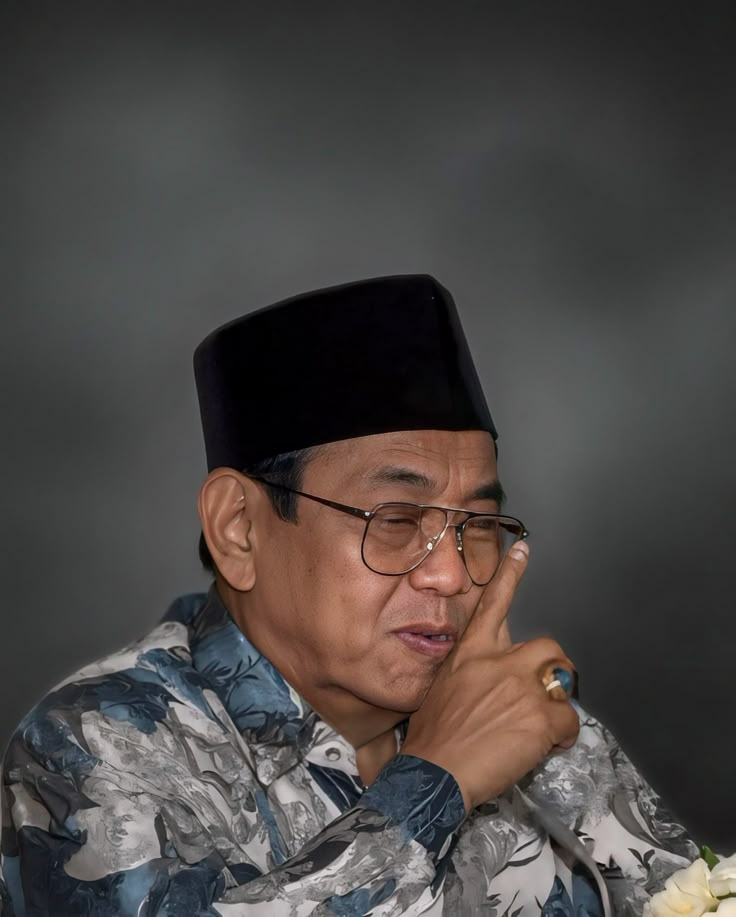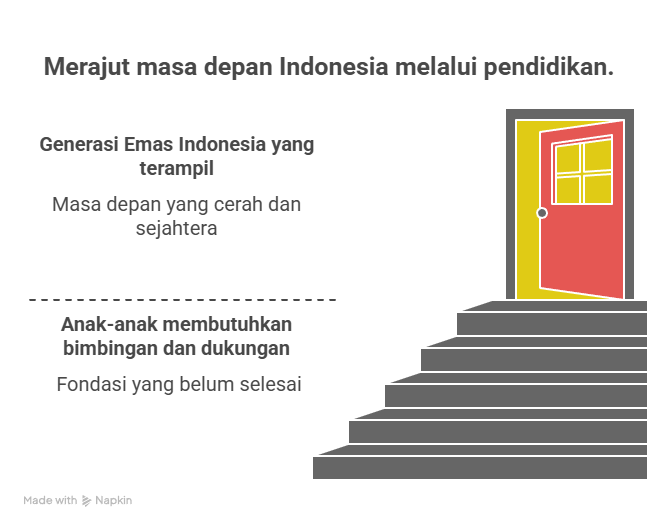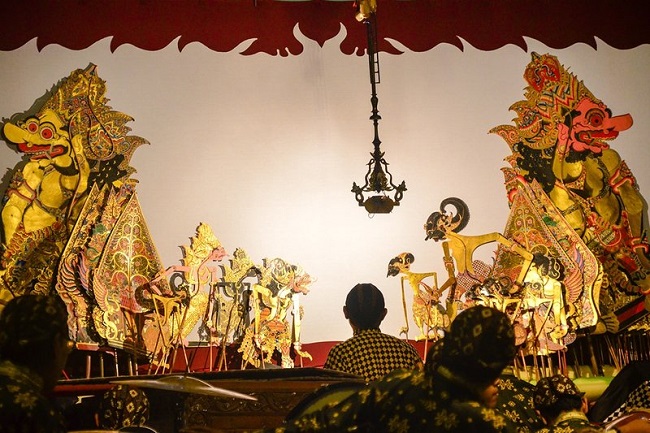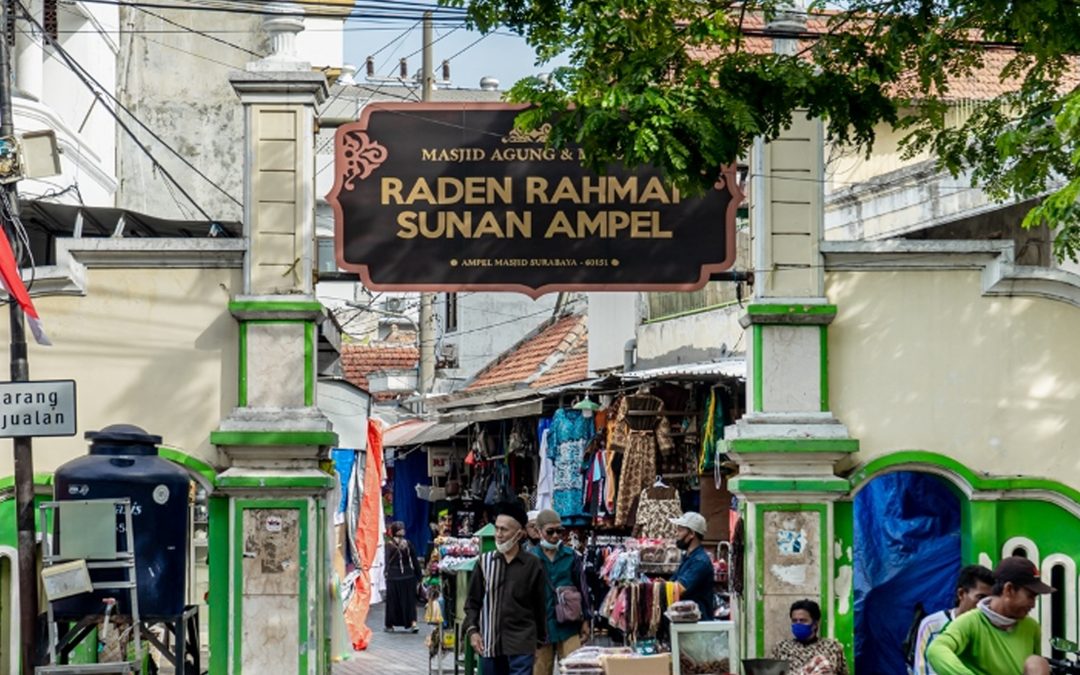Familiarly known as Gus Dur, Abdurrahman Wahid was a religious figure and politician who served as the fourth President of the Republic of Indonesia. He was born in Jombang on September 7, 1940, the eldest of six children. His father was KH. Wahid Hasyim, the son of KH. Hasyim Asy’ari, the founder of Jam’iyyah Nahdlatul Ulama (NU), is one of the largest Islamic organizations in the world.
Growing up in an Islamic boarding school (pesantren), he demonstrated a sense of responsibility for Nahdlatul Ulama from an early age. He reached his peak with his appointment as Chairman of the PBNU in 1984. He was also a co-founder of the National Awakening Party (PKB), which later nominated him as a presidential candidate.
During his presidency, all of his leadership actions were truly driven by the heart, although they were often misunderstood. Gus Dur was known for his bold reforms in the government system to make Indonesia a more democratic nation. Among his achievements were the abolition of the ABRI dual function policy, the restoration of press freedom, the promotion of reconciliation with separatist groups such as Aceh and Papua, and the dissolution of the Department of Information and the Department of Social Affairs, which, during the New Order era, were often used as tools of power.
Also known as the Father of Pluralism, Gus Dur was a defender of minorities, both religious and ethnic. He lifted the ban on Confucianism and established it as the official religion in Indonesia. He also rejected all forms of discrimination against ethnic Chinese and other minority groups. His thoughts and actions, which combined Islamic values with universal humanism, fostered a tolerant, moderate, and open-to-modern Islam, making him an inspiring intellectual figure.
Unfortunately, less than two years into his presidency, Gus Dur was ousted on July 23, 2001. His reform efforts, particularly in reducing the influence of the old New Order faction, met with considerable opposition from the House of Representatives (DPR) and the People’s Consultative Assembly (MPR). Despite pressure and slander, Gus Dur remained steadfast in his defense of the truth. When approximately 300,000 “dare-to-die” volunteers expressed their support for him, Gus Dur broke down in tears and declared, “There is no position in this world that needs to be defended to the death.” Shortly thereafter, he decided to resign.
Not a single one of his policies was in the interests of the people. Finally, on December 30, 2009, Gus Dur breathed his last in Jakarta at the age of 69. His name, thoughts, ideas, and writings remain remembered and continue to benefit us to this day.
Red. Sofia Eljninan Madzkur







